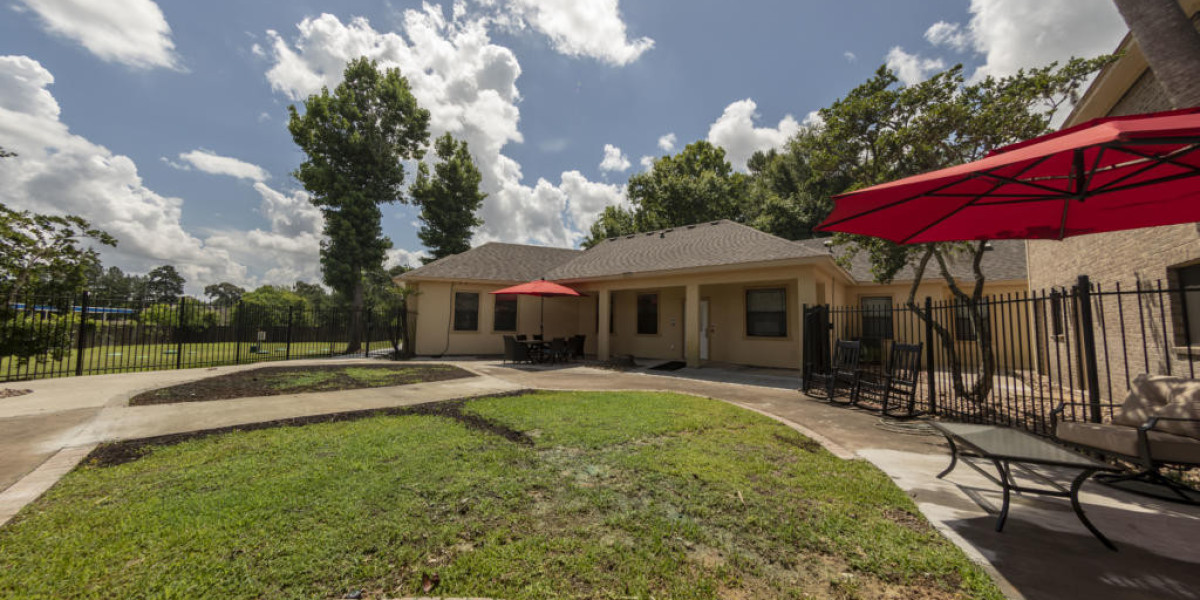Are you considering senior living options for yourself or a loved one? Understanding the key differences between assisted living and memory care is crucial in making an informed decision. This comprehensive guide will explore the unique characteristics of each type of community, helping you determine which one best suits your needs.
Understanding Assisted Living
Assisted living communities offer a supportive environment for seniors who require assistance with daily living activities while maintaining a sense of independence. These communities typically provide:
- Meals: Well-balanced meals and snacks are often included in the monthly fee.
- Housekeeping: Regular cleaning services to maintain a comfortable living space.
- Transportation: Scheduled transportation for appointments, shopping, or social outings.
- Social Activities: Opportunities for socialization and engagement, such as group activities, games, and outings.
Understanding Memory Care
Memory care facilities are specifically designed to cater to individuals with Alzheimer's disease, dementia, or other cognitive impairments. These communities offer a higher level of care and support, including:
- Personalized Care Plans: Customized care plans tailored to individual needs and preferences.
- Medication Management: Oversight and administration of prescribed medications.
- Specialized Memory Care Programs: Activities and interventions designed to stimulate cognitive function and promote engagement.
- Secure Environment: Safeguards to prevent wandering and ensure the well-being of residents.
Key Differences Between Assisted Living and Memory Care
While both assisted living and memory care provide a supportive environment for seniors, there are several key differences:
- Level of Care: Memory care facilities offer a higher level of care, providing more intensive assistance with daily living activities and specialized support for cognitive impairment.
- Specialized Services: Memory care communities often have specialized programs and staff trained to address the unique needs of individuals with dementia.
- Staff Training: Memory care staff typically have specialized training in dementia care, while assisted living staff may have a broader range of training.
- Environment: Memory care facilities are designed to be secure and safe, with features such as locked doors and wandering prevention systems.
- Cost: Memory care facilities generally have higher costs due to the specialized care and services they provide.
Choosing Between Assisted Living and Memory Care
Selecting the right senior living option depends on individual needs and preferences. Consider the following factors when making your decision:
- Individual Needs: Assess the level of assistance required for daily living activities and the extent of cognitive impairment.
- Level of Care Required: Determine whether the individual needs the specialized care and support provided by a memory care facility.
- Financial Implications: Consider the costs associated with both assisted living and memory care and explore potential funding options.
- Facility Tours: Visit both types of communities to get a firsthand impression of the environment and amenities.
- Talking to Other Residents and Families: Seek advice from others who have experience with senior living communities.
Conclusion
Both assisted living and memory care offer valuable support and care for seniors. By understanding the key differences between these two options, you can make an informed decision that best suits your needs or the needs of your loved one.








